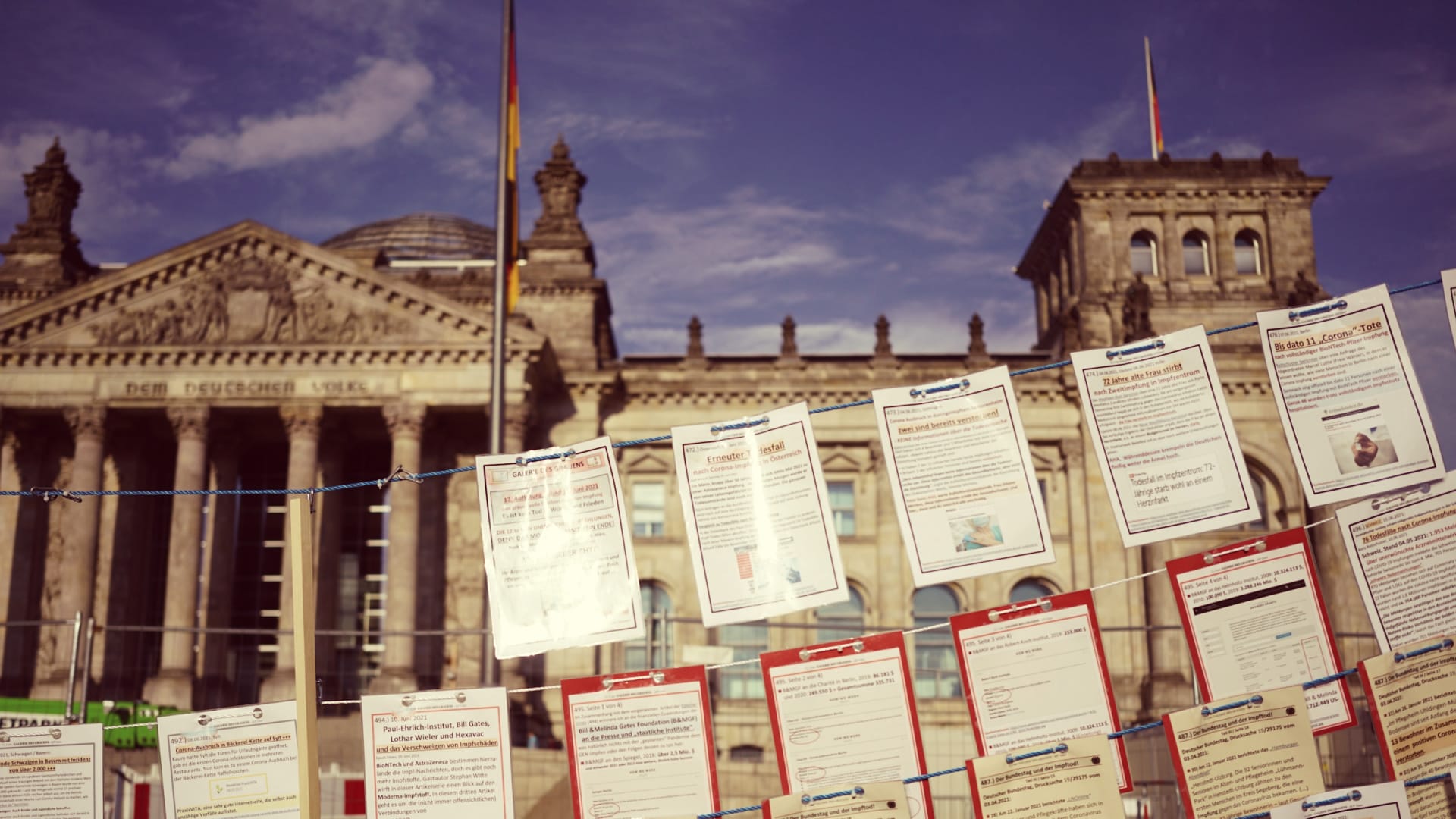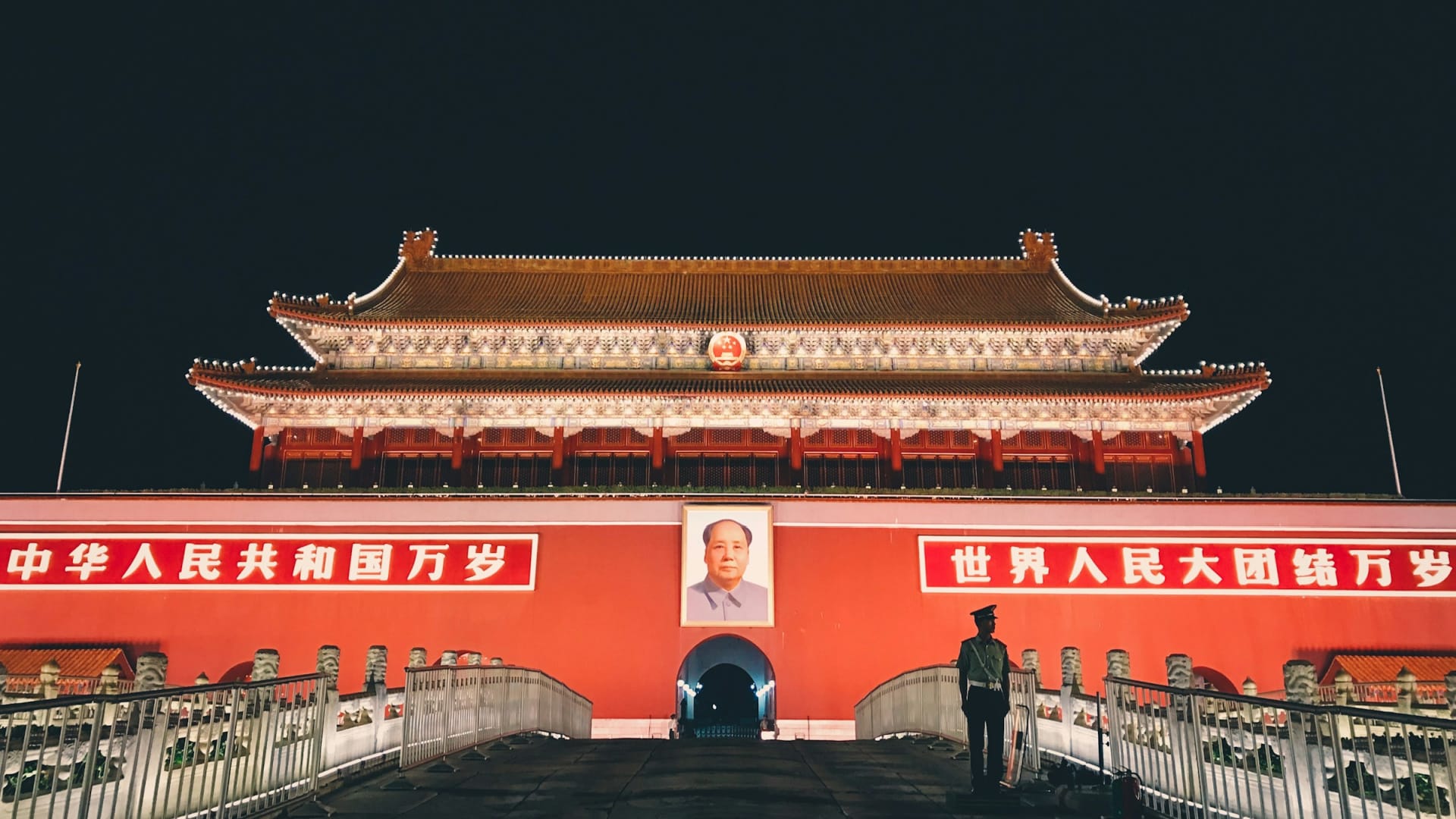May. 18, 2025 |
Never can say goodbye. Official results confirmed on Tuesday that Rodrigo Duterte, the former president of the Philippines, won the race for mayor of Davao, the country’s third-largest city. Duterte got almost two-thirds of the vote; no one else got even 10 percent.
Slight complication: He’s in jail in Europe—at the International Criminal Court in The Hague, awaiting trial on charges of crimes against humanity. Prosecutors say he’s responsible for killing more than 12,000 people allegedly involved in the drug trade.
How could he still be so popular?



